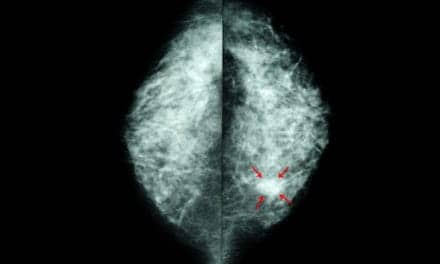By Aine Cryts
Matthew Michela, president and CEO of Newton, Mass.-based Life Image, says there are three questions healthcare executives need to ask when assessing the value of an artificial intelligence product for radiology. Life Image provides access to points-of-care and curated clinical and imaging data. According to the company, it delivers large-scale, heterogenous, de-identified imaging sets that are linkable to other longitudinal data.
What follows are the three questions Michela says healthcare leaders must ask about artificial intelligence products for radiology.
Question 1: Does the Product Solve a Relevant Clinical Problem?
Michela says there are artificial intelligence products being developed by “hotshot tech companies using machine learning and lots of computer technology buzzwords.”
Healthcare leaders need to consider if an artificial intelligence software company’s commitment to measure the density of a tumor, for example, is clinically relevant to their facility, according to Michela.
If the product is only relevant to a particular tumor type and the image was created using a particular imaging software, it may not be relevant to their facility, he says. “If 80% of my patients [aren’t imaged using] this CT machine, it’s not clinically relevant; it’s not broad-based.”
Question 2: Will My Radiologists Use It?
Often, companies’ products “don’t respect the fact that they have to work into clinicians’ workflow,” says Michela. That’s why it’s important to work with a vendor that has worked in hospitals, he adds.
Radiologists aren’t going to change their workflow because a vendor created an algorithm, says Michela. And even if the product has been approved by the FDA, it doesn’t mean radiologists are going to use it.
For example, if there’s an artificial intelligence product that can diagnose pneumonia with incredible accuracy but it will take a radiologist two hours to use the algorithm, the radiologist won’t use it; instead, the radiologist will revert to the way they’ve always diagnosed pneumonia, according to Michela.
Question 3: Is It Vendor-Agnostic?
The big technology companies are getting into the artificial intelligence for radiology space, says Michela. These companies promise to use artificial intelligence to solve hundreds of different clinical problems, he adds.
The problem is these products only work with that specific company’s software. That means it’s not interoperable with other vendors’ products, according to Michela. While these vendor-specific products may work for now, the challenge arrives when healthcare executives want to switch out their PACS technology or their voice recognition software, he adds.
Five years down the road, Michela says that companies’ artificial intelligence products for radiology won’t work unless a healthcare facility uses that company’s PACS or voice recognition software.






